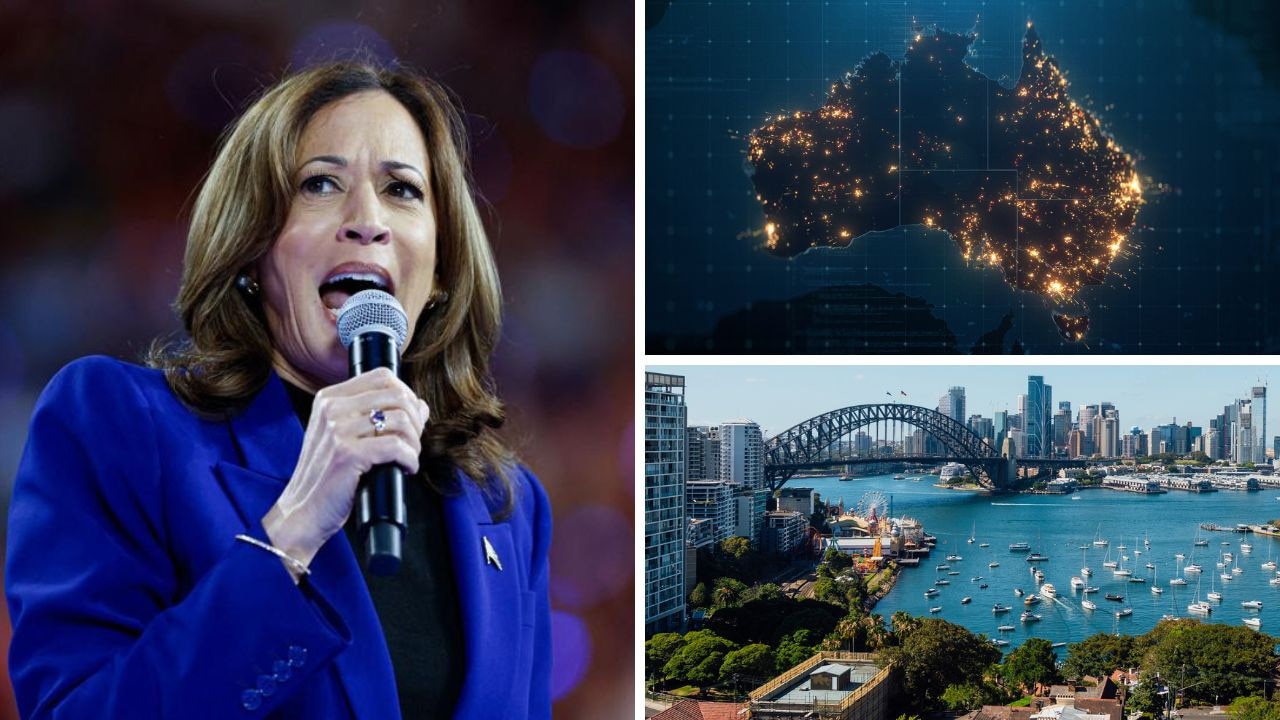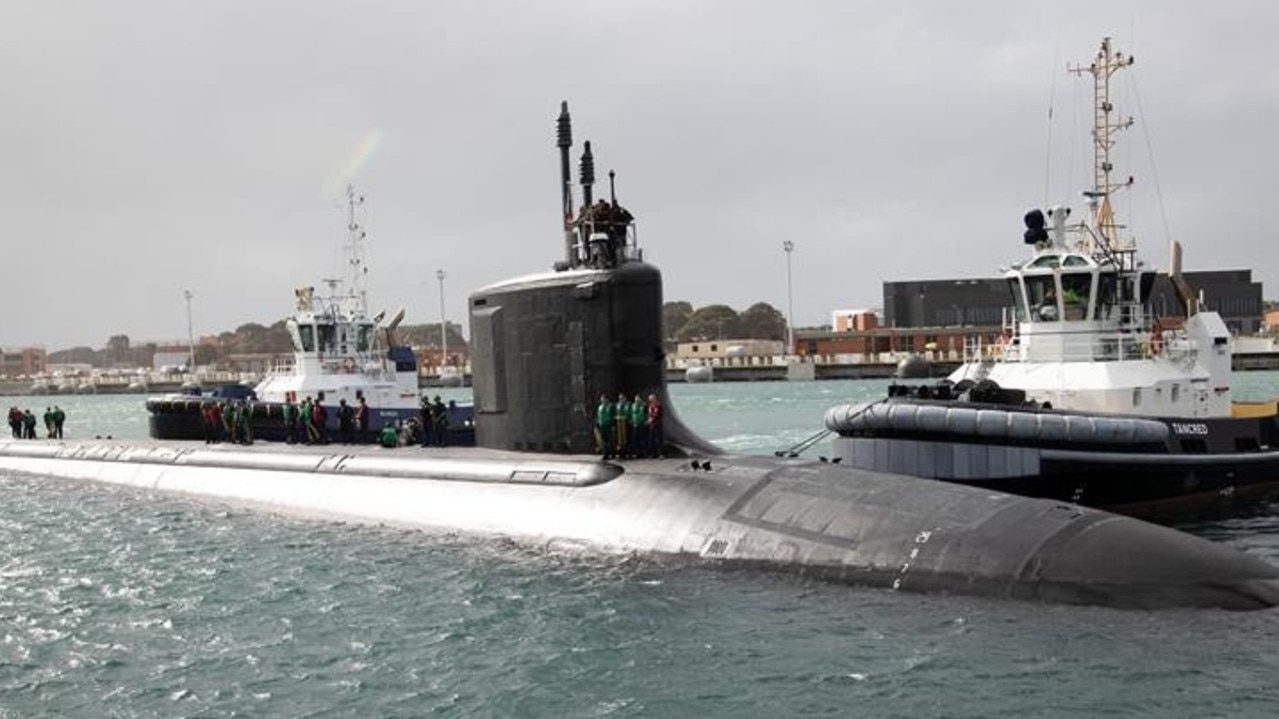On climate change, Pope Francis isn’t listening to the world’s poor
THOSE who claim to speak for the poor and say that climate change is the world’s top priority are wrong. Their top priorities are health, education and jobs. OPINION.

OPINION
THE global elite has little idea what afflicts the poor, says Pope Francis. He’s right — but that observation sometimes applies to him, too.
In his US visit, the pope is already creating headlines about the urgent need to respond to climate change. Invoking the need to “protect the vulnerable in our world,” he calls for an end to humanity’s reliance on fossil fuels.
This comes after his June declaration that global warming is one of the pre-eminent problems facing the poor. The elite, he said, are out of touch if they don’t realise this: “Many professionals, opinion makers, communications media and centres of power, being located in affluent urban areas, are far removed from the poor, with little direct contact with their problems.”
But do the world’s poor believe that carbon cuts are a top priority? Since March 2013, the United Nations has sought citizens’ ranking of 16 policy priorities. More than 8 million people have participated, with nearly 3 million living in the least developed nations.
In fact, an education is the top priority for the world’s most disadvantaged, followed by better health care, better job opportunities, an honest and responsive government and affordable, nutritious food.
Both for the entire world and among the worst-off, climate comes 16th out of 16, after 15 other priorities. It’s not even a close race.
Poorly educated women from low-income countries are among the most vulnerable people on Earth, with the weakest voice in global discussions. Their top priorities are, again, health, education and jobs. Action on global warming ranks dead last. And in Africa, global warming also comes behind every other priority.
It’s only among those from the richest nations on Earth that global warming becomes more of a priority.
Even then, it ranks 10th. The world’s poor overwhelmingly say they want better health care and education, more jobs, an honest government and more food.
Pope Francis is right that the global elite often forget what the world’s poorest want. But it’s not action against climate change they clamour for, as he and many other well-meaning people claim.
Faced with this clear rejection, many climate campaigners somewhat patronisingly suggest that the poor don’t know what’s best for them. Warming, they note, worsens many problems afflicting vulnerable people — such as malaria.
Yes, rising temperatures mean malaria mosquitoes can become endemic in more places, possibly increasing infections, so not tackling global warming could worsen malaria.
But this is a blinkered way of looking at the world’s challenges, and leads us to the wrong responses.
Look at it this way: We could make a similar argument about malaria itself. If we don’t tackle it, millions will die — but a lot of other problems become worse, too. Lack of malaria treatment disrupts development, as sick children get fewer nutrients and their schooling suffers. Malaria-endemic societies have lower economic growth rates, so millions will be left in poverty longer.
What’s more, climate-change policies such as the cuts on fossil fuels are a terribly inefficient way to help malaria victims. The Kyoto Protocol’s carbon cuts could save 1,400 malaria deaths for about $258 billion a year.
By contrast, just $716 million spent on direct anti-malaria policies could save 300,000 lives. Each time climate policies can save one person from malaria, smart malaria policies can save more than 77,000 people.
This is true for a wide range of issues. Carbon campaigners are right that climate change could reduce agricultural yields. But helping directly with more research, better crop varieties, more fertilisers and less biofuels will cost much less and do much more good, faster.
The spectre of worse hurricanes is often raised as an argument for cutting CO2. But extreme weather mostly hurts the poor because they’re poor. When a hurricane hits Florida, few people die; a similar hurricane in Honduras or the Philippines can kill thousands and devastate the economy. Helping people out of poverty directly is thousands of times more effective than relying on carbon cuts.
Those who claim to speak for the poor and say that climate change is the world’s top priority are simply wrong. The world has clearly said it is the least important of the 16 priorities the UN focuses on.
And when those campaigners suggest the poor don’t know what’s best for them because carbon cuts will stop global warming from making all other problems worse, they’re wrong again. The poor are typically much better helped directly rather than via climate aid.
This doesn’t mean we should ignore global warming. It’s a real problem, and our advanced civilisation can address multiple problems at the same time. But we need to tackle warming much more smartly, with fewer resources and more impact. And we should truly listen to the world’s poorest, and focus much more on their real priorities.
Bjorn Lomborg, in New York for the UN summit on development goals, directs the Copenhagen Consensus Center, which ranks the smartest solutions to the world’s biggest problems by cost-benefit.



